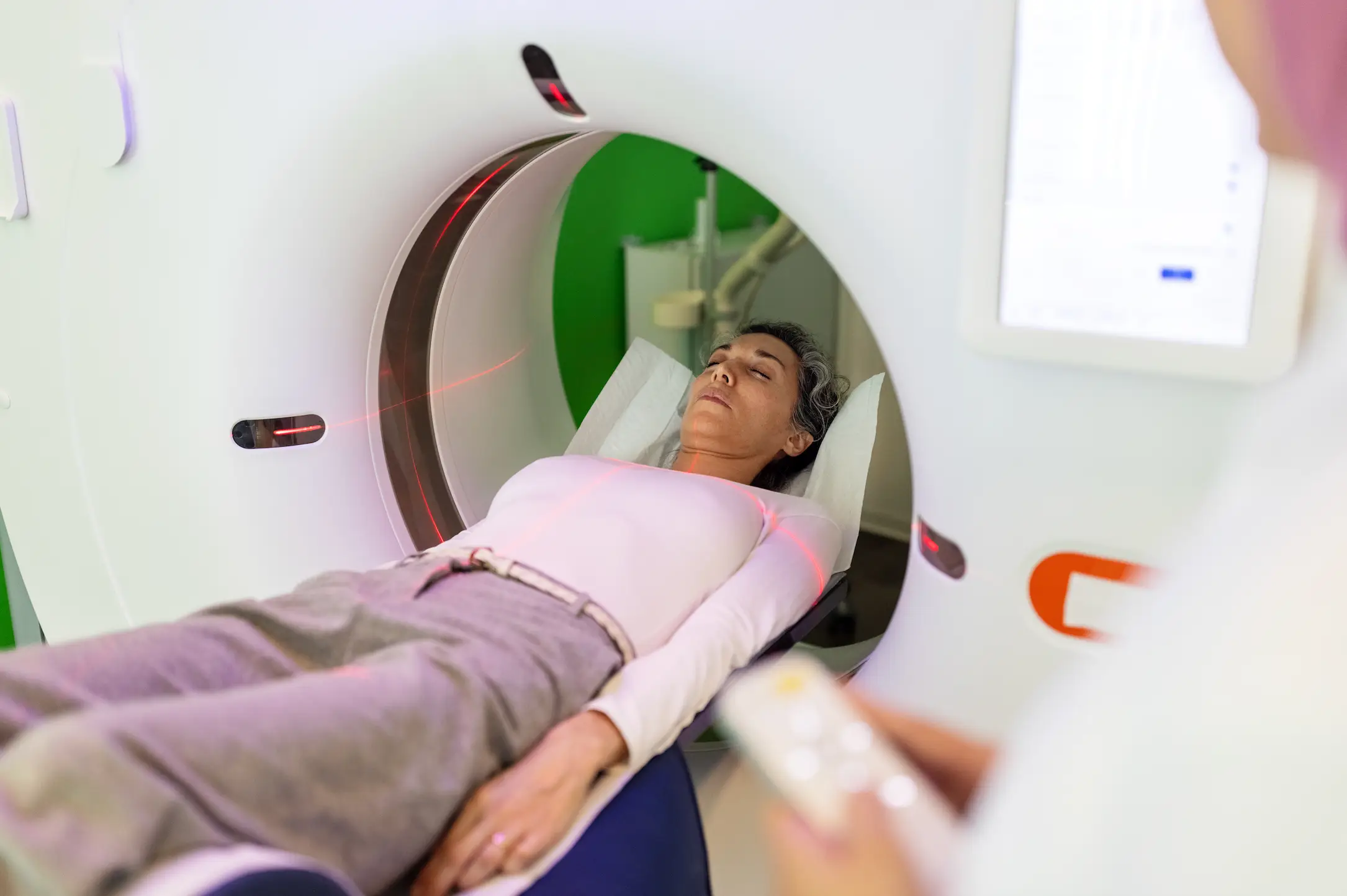While weight loss drugs and jabs have become popular, there are some side effects that some people are less aware of that are seemingly becoming more common.
GLP-1 medications such as Wegovy, Zepbound and Saxenda work to suppress appetite and make patients feel full for longer, helping them shed the pounds.
Some people also use Ozempic and Mounjaro, though these are only approved by the FDA to treat type 2 diabetes, and not for weight loss.
Like any medication, there can be some side effects, the most common being loss of appetite, diarrhea, vomiting and nausea.
Then there are the more out-there ones some users have reported, claiming the medication has impacted their penis or vulva.
Now, new research has indicated GLP-1 drugs could be causing a side effect that is disrupting a key procedure often important to medical professionals.
A group of researchers have highlighted their concerning findings (Getty Stock Image) Researchers from Alliance Medical, a European imaging service provider, found that these medications may be throwing off PET-CT medical imaging scans, which combines a PET scan with a CT scan.
This could ultimately interfere with a doctor's ability to recognize a person is suffering or could suffer from a deadly disease. It could also lead to misdiagnoses or delay of treatment.
In normal circumstances, according to the Cleveland Clinic, with an FDF PET scan, a patient gets an IV injection of a radiotracer called fluorodeoxyglucose (FDG).
The diseased cells in the patient's body absorb more of the radiotracer than healthy ones do, and the PET scanner detects these areas.
However, according to the researchers from Alliance Medical, they found several abnormal patterns of FDG uptake in patients taking GLP-1 drugs.
As a result, these abnormal patterns could be misinterpreted by doctors if a patient’s medication history is not considered.
Lead author Dr. Peter Strouhal, Medical Director at Alliance Medical, issued a statement on the researchers' findings.
Researchers highlighted the issues those on GLP-1 could cause if they have a CT scan (Getty Stock Image) He said: “We noticed unusual uptake in one of our patients on a GLP-1 agonist, which prompted a wider review across our network.
“We found that these altered patterns are increasingly common, yet there is currently no national or international guidance in the UK addressing this emerging issue.
“Recognizing the characteristic uptake associated with GLP-1 agonists helps avoid unnecessary anxiety and interventions, ensuring patients receive the right care, at the right time, without detours or doubt.”
UNILAD has contacted Novo Nordisk and Eli Lilly for comment.

 Gerrard Kaonga
Gerrard Kaonga
